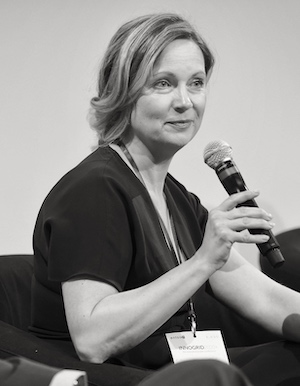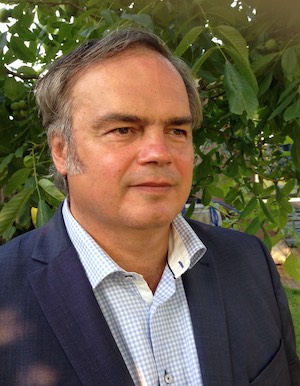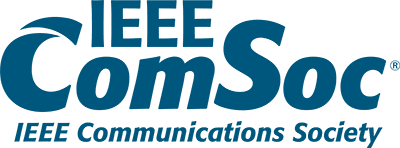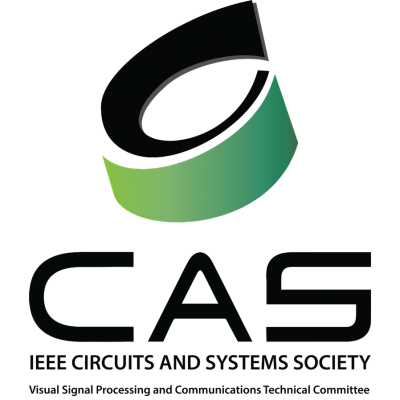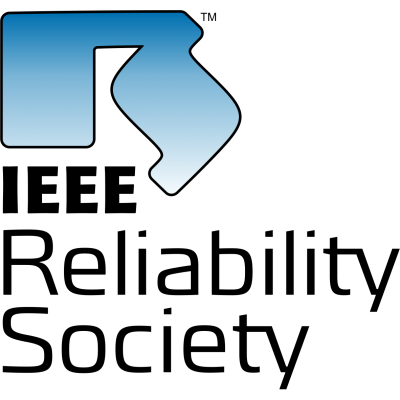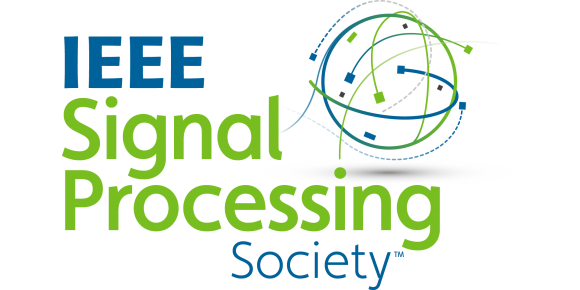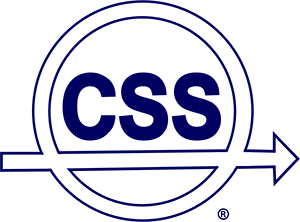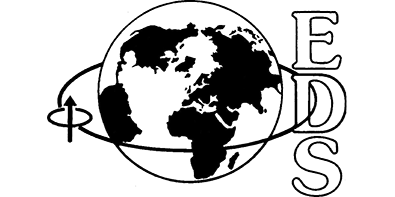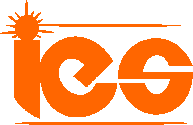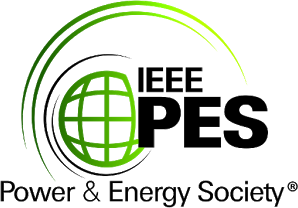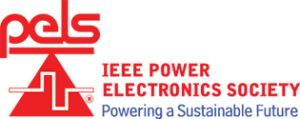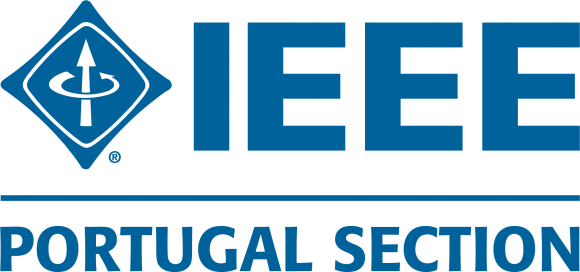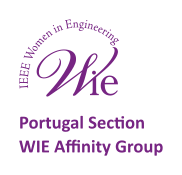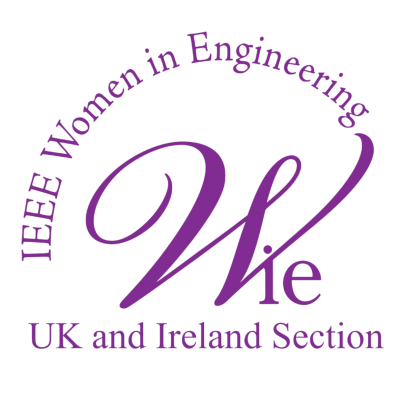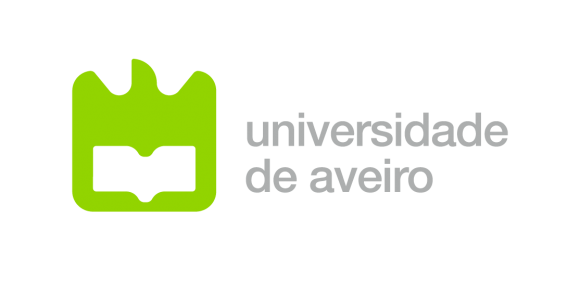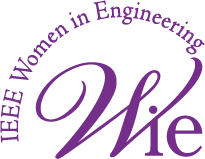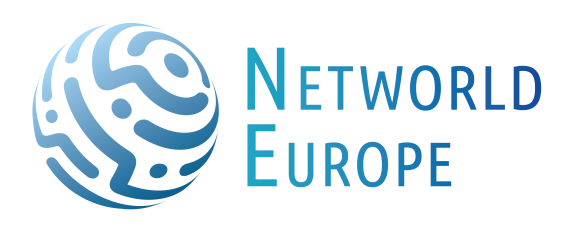Vertical Track: Energy, Power, and Sustainability
Track ID: Vert-05
Description
The electricity sector is rapidly shifting towards digital infrastructures for flexibility services, and the Internet of Things is playing a critical role as an enabler and facilitator. This track will explore the latest trends in the sector, focusing on leveraging IoT and edge computing infrastructures, platforms, and enabling connectivity technologies to foster energy flexibilities towards next-generation energy sectorial integration. This includes the role of smart energy components and orchestration of various processes such as smart charging, distributed renewable energy generation and its aggregation, buildings, and energy storage. These technologies enable the integration of diverse energy resources, which is vital for energy providers and active energy market actors to manage energy demand, supply, and storage efficiently.
The deployment of low cost yet powerful Internet of Things solutions including sensing and actuation, communication and computing resources combined with the wide availability of data-driven services are key enablers for needed technology solutions to overcome energy related societal challenges. This vertical track will focus on the challenge of IoT transformational role towards decarbonisation. The following topics will be discussed:
1. Digital Infrastructures for flexibility services in the electricity sector
Role of IoT and Edge Computing Infrastructures, platforms and the enabling technologies to foster energy flexibilities towards decarbonisation goal and fostering sectorial integration. Role of the enabling smart energy components and orchestration of smart charging, distributed renewable energy generation, buildings and energy storage to name a few. Smart network integration (sector coupling) requirements for interactions with smart energy actors and energy Communities.
2. Socio-economic impact and drive towards decarbonisation.
Demand-side flexibility in the electricity sector focus is on topics related to the socio-economic impact of IoT within the context of the twin transition: digital and green. Consumer acceptance, participation in the evolving business models and value attribution along the value chain are among the challenges to be addressed.
3. How can IoT support digital and green transformation in the built environment?
For example, home automation solutions help users to optimise comfort at the lowest energy use. Sharing individual data in a collective way opens up ways to support quality of life optimisation against the lowest need for energy assets investments as well as maximising social value co-benefits, like collective health, social cohesion, resilience, responsible resource use and minimising collective footprint. As well decentralised technologies are creating ground for new payment and financing models helping to solve blockers and barriers in this space. The European Energy Performance of Buildings Directive (EPBD) introduced the concept of a Smart Readiness Indicator (SRI), as a common EU scheme for rating the smart readiness of buildings. This scheme aims to raise awareness of the benefits of smarter building technologies and make their added value more tangible for building users, owners, tenants, and smart service providers. Smart buildings and districts as enablers of new energy practices and communities.
4. How to measure the benefits of applying IoT to reduce carbon emissions in vertical sectors?
In the context of Green Deal, IoT and edge computing can play a central role in addressing the climate and environmental challenges we face both by the deployment of IoT and Edge computing technology to support other industrial sectors in reducing their emissions and environmental footprint (ICT for Green), as well as by addressing the ICT sector's climate and environmental footprint (i.e., Green ICT scenarios. To identify the benefits of applying IoT and edge computing to reduce carbon emissions in industrial sectors (i.e., ICT for Green scenarios), unified and agreed methodologies are needed. This track presents the state of the art of standardisation and industry related activities focusing on methodologies to measure carbon emissions in the context of the Green ICT and ICT for Green scenarios.
Sessions
Session 1: Digital Infrastructures for flexibility services in electricity sector. The electricity sector is experiencing a significant shift towards digital infrastructures for flexibility services, and the Internet of Things (IoT) is playing a crucial role as an enabler and facilitator. The latest trends in the sector focus on leveraging IoT and edge computing infrastructures, platforms, and enabling connectivity technologies to foster energy flexibilities towards next-generation energy sectorial integration. This includes the role of smart energy components and orchestration of various processes such as smart charging, distributed renewable energy generation and its aggregation, buildings, and energy storage. These technologies enable the integration of diverse energy resources, which is vital for energy providers and active energy market actors to manage energy demand, supply, and storage efficiently.
Session 2: Smart district as an IoT solutions integrated system. The European Energy Performance of Buildings Directive (EPBD) introduced the concept of a Smart Readiness Indicator (SRI), as a common EU scheme for rating the smart readiness of buildings. This scheme aims to raise awareness on the benefits of smarter building technologies and make their added value more tangible for building users, owners, tenants, and smart service providers. Smart buildings and districts as enabler of new energy practices and communities.Sector coupling enables closer integration between built environment and smart grids. Concepts such as smart and flexible districts are emerging as innovative solutions for the integration of IoT systems in the aggregated built environment. In this session, we will explore the concept of smart districts, SRIs (smart readiness indicators) as an integrated IoT system and evaluate IoT systems role. Smart districts leverage IoT and other technologies to create an energy efficient and sustainable environment for residents, businesses, and public spaces. This includes the use of intelligent energy management systems, smart lighting, waste management, and intelligent transport systems, among others, introducing overall sustainability approach. By integrating these systems, smart districts, net positive and sustainable districts will play an active role in energy consumption patterns and optimise energy usage across the district leading towards decarbonisation targets. The session will discuss the latest developments in smart districts and how IoT solutions can be leveraged to create sustainable, dynamically developing and energy-efficient communities.
Session 3: Socio economic impact and drive towards decarbonisation. The session will focus on the socio-economic impact of IoT in the electricity sector, with a particular emphasis on demand-side flexibility. The twin transition to digital and green is creating new opportunities and challenges for the energy sector, and IoT solutions are playing a crucial role in addressing these challenges. In this Session, we will explore topics related to the socio-economic impact of IoT in the energy sector, such as consumer acceptance, participation in flexibility solutions, and value attribution for services. We will discuss how IoT solutions can be used to enable demand-side flexibility and empower consumers to play an active role in managing their energy usage. Additionally, we will examine the impact of IoT solutions on energy access, affordability, and equity in quest for decarbonisation. The session will feature insights from industry experts, policymakers, and academics on the potential socio-economic benefits of IoT in the energy sector and the challenges, including energy poverty topics that need to be addressed to realise these benefits.
Session 4: Impact of AI, edge computing and digital twins towards Energy Metaverse. In this session, we will explore the impact of artificial intelligence (AI), edge computing, and digital twins towards creating an Energy Metaverse. This Session designed to focus on up and coming visionary concepts will delve into the latest trends in AI, edge computing, and digital twins and how these technologies can be integrated into the energy sector to become building blocs for various use cases to create an Energy Metaverse. The Energy Metaverse concept refers to a virtual representation concept representing a connected, intelligent, and data-driven energy ecosystem that optimises energy usage, minimises waste, and reduces carbon emissions. The session will feature discussions on the potential applications of AI, edge computing, and digital twins in the energy sector and how they can be used to enable demand-side management, optimise energy generation and distribution, and support the transition to a low-carbon economy.
Session 5: IoT empowering Green Transformation focusing on methodology and/or standardisation activities. In the context of Green Deal, IoT and edge computing can play a central role in addressing the climate and environment challenges we face both by deployment of IoT and Edge computing technology to support other industrial sectors on reducing their emissions and environmental footprint (ICT for Green), as well as by addressing the ICT sector’s own climate and environmental footprint (i.e., Green ICT scenarios. In order to identify the benefits of applying IoT and edge computing to reduce carbon emissions in industrial sectors (i.e., ICT for Green scenarios), unified and agreed methodologies are needed. This track presents the state of the art of standardisation and industry related activities focusing on methodologies to measure the carbon emissions in the context of the Green ICT and ICT for Green scenarios.
Chairs
Natalie Samovich: Enercoutim, Portugal
Natalie is heading Research and Innovation projects at Enercoutim within digitalisation in the energy domain. She is based in Lisbon, with the Solar Demonstration platform and Solar Lab projects located in the Algarve region. She is developing spin-off ventures in digitalisation of energy. The Solar Demonstration Platform was co-founded in 2011 and established an innovative shared renewable infrastructures awards nominated model. Natalie contributes her expertise as a chair of WG 1 on Grids ETIP-SNET and Chairs Working group Energy in the Alliance of IoT Innovation (AIOTI). She is actively engaged in HorizonEurope program and manages a number of projects related to big data in energy and interoperability. She also serves as an advisory board member for R&I projects and through mentorship programs. www.smarterschool.eu is a spin-off solution focused on bringing digital energy solutions and IEQ solutions within public and private sectors - spin off from the H2020 research project. Natalie holds MBA from U of Rochester, Simon school and U of Bern; MSEng in Sustainable Energy Systems from MIT Portugal Program (IST/MIT). The research interests are within renewable energy systems digitalisation, Internet of Things impact on energy systems and the related socio-economic impact issues within energy communities.
Erik Van Der Wijk: Value Factory, Netherlands
Georgios Karagiannis: Huawei, Germany
Dr. Georgios Karagiannis holds a Ph.D. degree and a M.Sc. degree in Electrical Engineering from the University of Twente, the Netherlands. In 1998 he joined the Wireless Multimedia Research unit of Ericsson Eurolab Netherlands in Enschede, Netherlands, where he stayed until April 2003. From April 2003 to August 2014 he worked as Assistant Professor at the Design and Analysis of Communication Systems (DACS) group of the University of Twente. In September 2014 he joined Huawei Technologies Düsseldorf GmbH as Principal Strategist in Standardization and Industry Development. He participated in several EU funded and Dutch National projects. Furthermore, he was technical steering and technical program committee member in a number of international conferences, including IEEE conferences. Moreover, he participated in several SDOs and alliances, such as AIOTI, IETF, ETSI, BBF and OSGi Alliance. Within (1) the AIOTI he serves as the chair of the AIOTI WG standardisation and served as the AIOTI Steering Board Chair in 2020, (2) the European Observatory StandICT.eu as chair of TWG IoT and Edge, (2) the OSGi Alliance he held a position as alternate member of the Board of Directors until November 2018, (3) the BBF, he held editing positions in the context of Cloud Central Office (CloudCO) and 5G Fixed Mobile Convergence (FMC) activities. Recently he represented AIOTI in the SNS JU Work Programme 2021-2022 taskforce, the TransContinuum Initiative and the DEI/MSP Work Group.



